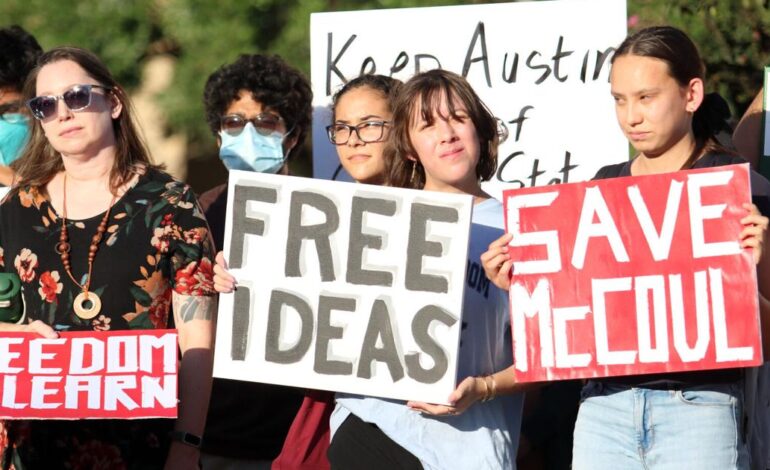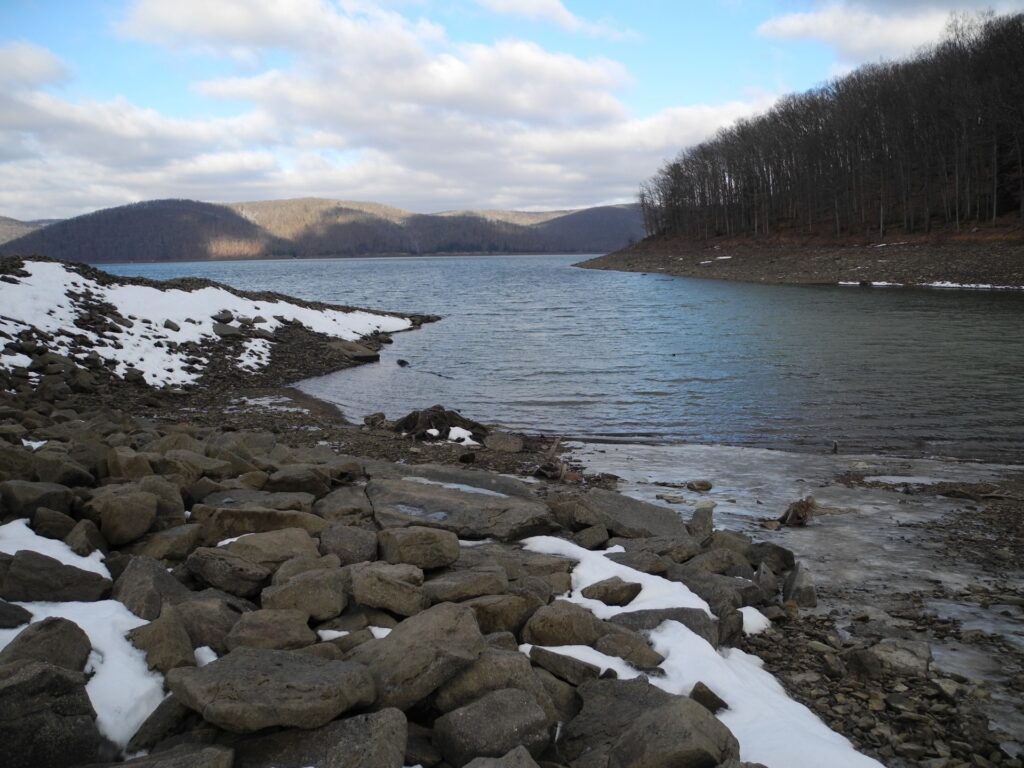Professors Defend Academic Freedom Amid Controversy at TAMU

A recent incident at Texas A&M University (TAMU) has sparked debate over academic freedom and the role of personal beliefs in education. A video featuring a student confronting a professor about the inclusion of *The Unicorn* in her children’s literature course has raised questions about the appropriateness of certain educational materials in light of individual religious beliefs.
In response to the backlash, Raymond H. C. Teske, Jr., a former professor at Sam Houston State University, has publicly defended the professor’s right to present diverse literary themes. Teske, who earned his doctorate from TAMU in 1973, expressed pride in his alma mater while emphasizing the importance of academic integrity. He noted that his own classroom experiences included students from various religious backgrounds, highlighting the necessity for educators to present materials objectively, irrespective of personal beliefs.
Teske’s statement outlines a broader principle in higher education: professors are expected to cover essential topics in their fields, regardless of potential offense. He argues that subjects such as the Big Bang Theory and Darwin’s Origin of Species are integral to scientific study and should be discussed openly. The concept of academic freedom allows educators to explore complex topics without fear of repercussions from students’ personal convictions.
“Professors are obligated to present the empirical evidence of their field without concern about students’ religious orientations,” he stated. Teske acknowledged the sensitivity of religious beliefs but maintained that academic content should not be compromised due to such sensitivities.
The controversy has also generated discussions about local environmental issues. Another letter from Myrl Sims, a resident of Bryan, Texas, urged city officials to prioritize the preservation of green spaces like Hensel Park as development pressures rise. Sims expressed concern that ongoing urban expansion could lead to the loss of valuable natural areas, which are essential for community well-being and environmental health.
As city leaders deliberate on future developments, the voices of community members will play a crucial role in shaping the direction of both educational and environmental policies. The recent discourse at TAMU highlights the ongoing struggle to balance personal beliefs with academic exploration, while local citizens continue to advocate for responsible development and preservation efforts.
This situation encapsulates the challenges faced by educational institutions and municipalities alike in navigating complex societal values. The resolution of these matters will likely have lasting implications for both the academic environment at TAMU and the community dynamics in Bryan.






